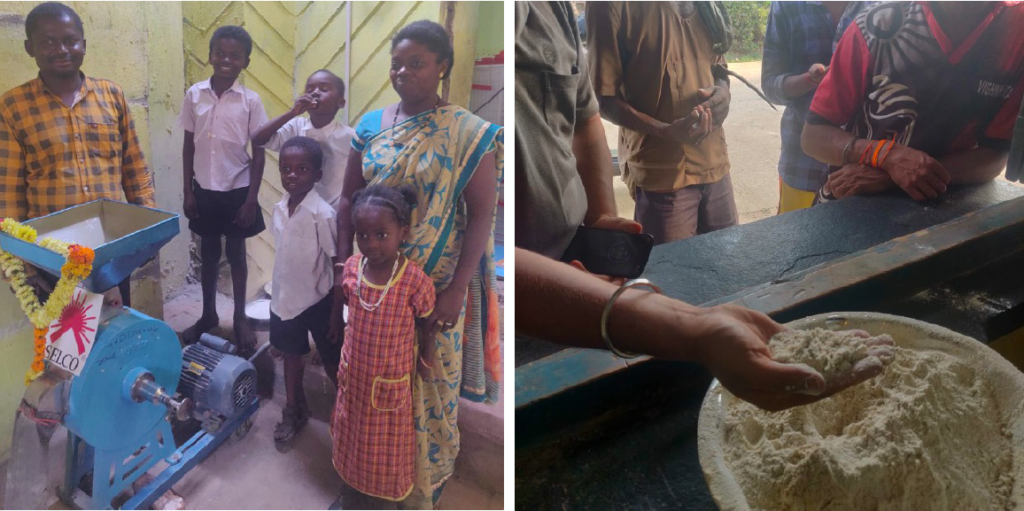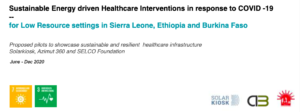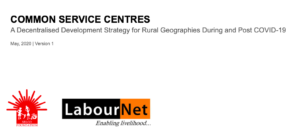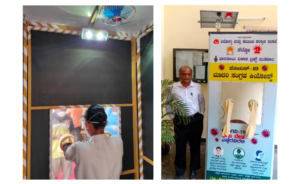Rosy, 36, belongs from Agsalkatta, Karnataka and manages the flour mill at her house premises along with her husband. In 2005, when she was on the field as a social worker, she attended a solar training workshop organised by SELCO India, the social enterprise. She was inspired by the technology and decided she would take up solar in the future as it could benefit her entire community.
Over the years, the family invested in a solar home lighting system, and a solar-powered flour milling centre, along with a stationery store which is operated by her husband. Her husband is a farmer and the shop is a secondary source of income for him. Agsalkatta is predominantly occupied by the Siddi community, members descended from the East African region and has about 57 households (population strength of 375). It is a forest area and the villagers have around 1-10 acres of land where they grow different types of crops such as maize, paddy, sugarcane and pulses. The rice grown in their land is used partly for self-consumption (a family of 6 consumes 30 kg of rice), and around 50 quintals of rice by each household is then sold to the market. They face daily 5-6 hours of a power cut and during the rainy season, it worsens and face 1-2 days to a week of power cut issues.
Solution Overview
Initially, the villagers used to do milling at the nearest town, Kesarolli, that is 4kms away, and used to get 15-20 kgs milled but faced challenges as the basic means of transport was absent. Thus, the transaction costs were high. After Rosy invested in the milling machine in March 2019, the community has been able to mill 7-10 kg minimum/day (20kg on some days).
Customers say that if this mill was not there in our village we would have stayed hungry. We wouldn’t have been able to access mills outside of the village.
Rosie Louis Dabale, Flour Mill Entrepreneur Tweet
Impact on business during COVID-19
Access to Work:
As far as milling business is concerned, it has not experienced any disruptions so far, and she is milling a similar amount of flour every day.
Garnered additional business:
Community is appreciative of the presence of such a facility- since the travel restrictions were announced due to COVID-19, the presence of the service in their village is recognised as a big boon. Rosy has also seen that in addition to the regular customers few other members of the community are using her mill.
Stressed about the welfare of her customers:
Rosy, being an Asha Worker, is well connected in the community and knows the community members well. During Crisis times, Rosy allows for deferred payments or discounts to vulnerable members of the village- widows, older individuals or families who have other difficulties.
Income:
While running the flour mill brings her regular income, but other businesses have been impacted like Petty shop which is the only one catering to the needs for her community and is running out of stocks as supply chains have seen disruptions.
Financials:
She has contracted a loan amount of INR 25,000 /- with tenure of 2 years – from a local financial institution. She was paying a weekly EMI of INR 425. Since the government has announced a Moratorium period until the end of May, Rosie is able to save her earnings.






